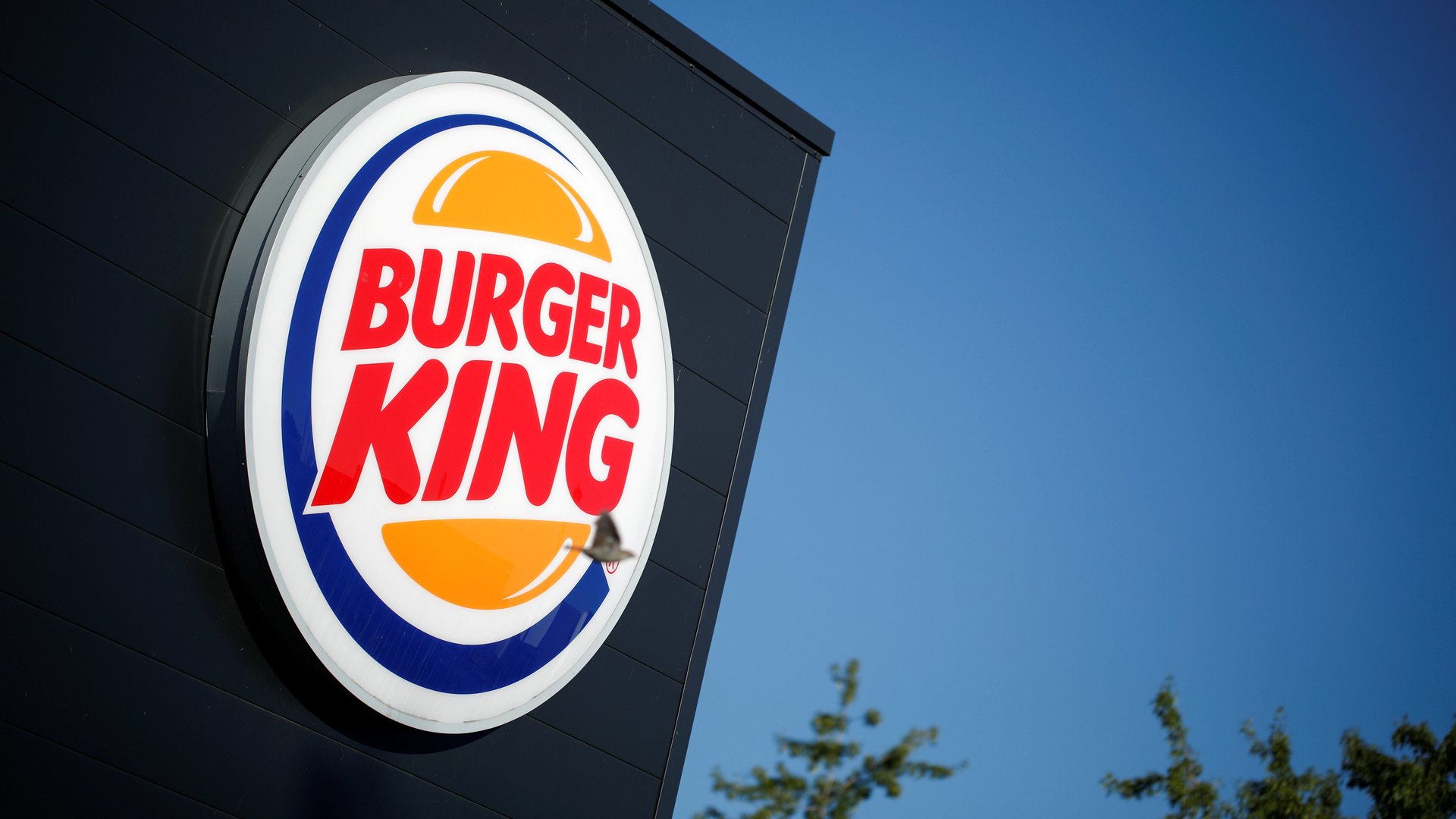Global fast-food chains are the flavour of the season in the Indian stock market
As the Indian stock markets continue to rally, investors have found a new favourite: global fast-food chains.


As the Indian stock markets continue to rally, investors have found a new favourite: global fast-food chains.
Take for instance US-based Burger King. After the stellar debut on the bourse in December 2020, the company’s stock has gone up by more than 141% from its offer price of Rs60.
Similarly, Mrs Bector, a premium biscuit and bakery items manufacturer which supplies buns to outlets of KFC, Burger King, Carl’s Jr, and Westlife Development (which holds the franchise rights for McDonald’s in western and southern India), also received strong traction from investors. Its initial public offering was subscribed 198 times, and the stock now trades at around 48% premium to the IPO price of Rs288.
It’s not just these newly dished out IPOs that have become the flavour of the season. Investors are also taking a big bite of other listed quick-service restaurants (QSRs) such as Jubilant Foodworks, the master franchisee for American chain Domino’s Pizza in India. The news of the pizza maker launching biryani and kebab outlets is believed to have sent the stock soaring to new highs.
“The consolidation in the sector took place after the spread of pandemic as some smaller restaurants had to shut shop. In addition, the online delivery market started growing when India went into a lockdown. Taking advantage of these trends, QSRs are also tailoring their menus to suit Indian style,” said Naveen Trivedi, an analyst at brokerage firm HDFC securities.
The rise of fast-food chains in India
The fast-food chain industry in India has come a long way since the 90s when there were fewer organised players. Today, the QSR segment is worth Rs19,000 crore ($2.6 billion), which accounts for 12% of the organised food market. “We are highly optimistic of the QSR industry’s potential in India given the huge available market size, changing consumer preferences (eating habits) and expansion plans of QSR operators in big cities, where the appetite for western fast-food is accelerating,” said Kapil Jagasia, an analyst at Edelweiss Wealth Research.
India’s QSR segment is heavily dominated by global players including McDonald’s, Pizza Hut, and Burger King. The business model is simple. Indian QSR chains pay a royalty fee to these global players to use their brand name and technical know-how. The fees range between 3-7% of the annual sales.
With the support of their Indian partners, global fast-food firms have been scaling their presence in the country. “This is due to their strong supply chain, established standard operating procedures, global best practices, product innovations, and the benefit arising from Indians eating out increasingly,” said Jagasia of Edelweiss Securities.
But despite all the talk of potential growth, the fast-food chain industry faces a tough task.
Challenges ahead for fast-food chain and its investors
Even after the recent consolidation, India’s food services market still remains highly fragmented. The unorganised sector accounted for 63% of the overall food services market revenue in financial year 2020, according to an Edelweiss report.
Also, in the organised space, competition is heating up. Recently American fast-food company Wendy’s decided to make deeper inroads into India. It has tied up with cloud kitchen firm Rebel Foods to open 250 restaurants and cloud kitchens across the country. The growth in the cloud kitchen category is a big risk to these fast-food chains, according to analysts. Cloud kitchens also have an upper hand on QSR as they don’t have any large capex or rental cost, which a typical restaurant chain has to incur. Primarily, their cost includes setting up and operating a kitchen and delivery services.
“The cloud kitchen concept is picking up big time in urban areas due to the deepening of internet penetration, thereby posing a risk to QSRs, mainly dine-in players,” says Jagasia.
More importantly, most of these fast-food chains have struggled to turn profitable due to high rental and land costs in India’s megacities. Two years ago, Jubilant Foodworks changed its expansion strategy and had to severely curtail its expenses to make a profit. Burger King, which is currently a hot favourite of the markets is yet to become profitable after entering India in 2014. High employee costs and lease payments have been hurting the company’s bottom line.
Investors seem to have conveniently forgotten these challenges in this euphoric market rally. But soon they may have to trim their exposure as the sky-high valuations will be difficult to justify beyond a point. “Indian customers’ taste is changing and they are becoming more loyal to these brands. But now it all depends on whether trends like growing online delivery, which we saw during the pandemic, stick,” observes Trivedi.